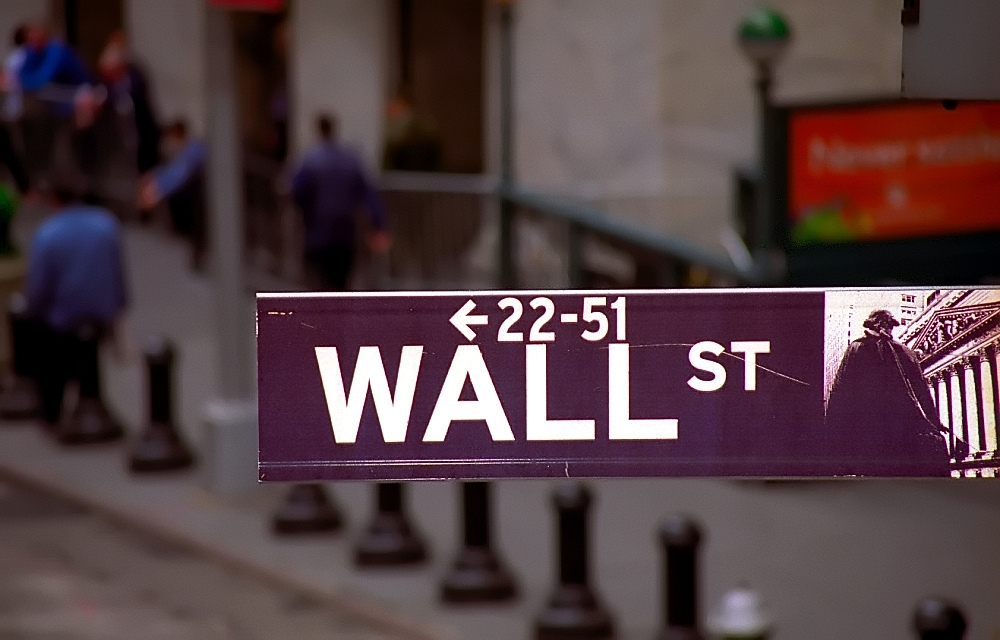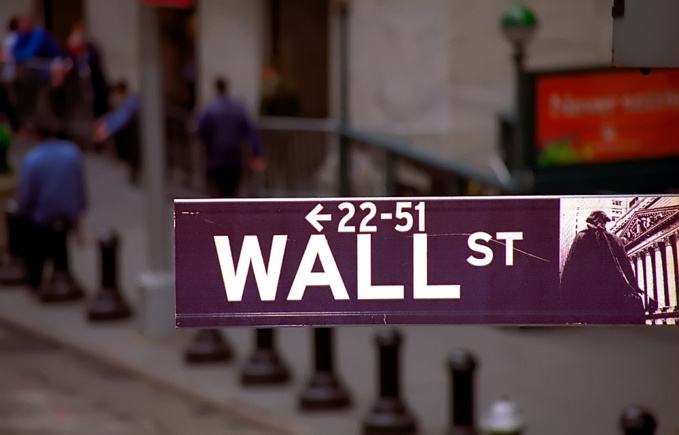The bill was passed by the Chamber with 233 votes "for" and 186 votes "against", one Republican voted against this measure.
The document, called the Financial Choice Act, presents banks with a possibility to abandon certain rules with sufficient capital and abolishes Volcker's rule that prohibits banks from speculative trading.
According to Paul Ryan, a speaker of the House of Representatives, this law provides small banks with measures "which they so desperately need".
Jeb Hensarling, a Republican from Texas and a member of the Financial Services Chamber, became the bill’s author. In his opinion, the Dodd-Frank law is the main factor limiting growth of the country's GDP after the end of the financial crisis.
Democrats said that adoption of the law on financial choice will return the country to the lack of regulation of the financial sector, just like before the financial crisis. According to a Democrat from the state of Maryland, Steny Hoyer, this is a rather dangerous legislative initiative.
It is worth noting that many US banks, especially small ones, hate the 848-page Dodd-Frank law and the series of subsequent amendments and additions. According to Davis Polk law firm, 111 out of 390 "regulatory requirements" are still waiting for their finalization and implementation. Trump has repeatedly stated that the Dodd-Frank law is a "disaster", and promised to process it in the most careful way.
America's banks today are much safer than before largely due to the act of Dodd-Frank: the first-order capital ratio among the six largest banks to risk-weighted assets, the main indicator of their strength, before the crisis reached 8-9%, and has been fluctuating around 12-14% since 2010.
The law introduced stringent stress tests to test ability of the most important banks to withstand new shocks, obliged them to constitute a "will" to prepare for bankruptcy in the event of a catastrophic situation, forbade them to trade securities for their own benefit (a constraint known as Volcker's rule).
source: marketwatch.com
The document, called the Financial Choice Act, presents banks with a possibility to abandon certain rules with sufficient capital and abolishes Volcker's rule that prohibits banks from speculative trading.
According to Paul Ryan, a speaker of the House of Representatives, this law provides small banks with measures "which they so desperately need".
Jeb Hensarling, a Republican from Texas and a member of the Financial Services Chamber, became the bill’s author. In his opinion, the Dodd-Frank law is the main factor limiting growth of the country's GDP after the end of the financial crisis.
Democrats said that adoption of the law on financial choice will return the country to the lack of regulation of the financial sector, just like before the financial crisis. According to a Democrat from the state of Maryland, Steny Hoyer, this is a rather dangerous legislative initiative.
It is worth noting that many US banks, especially small ones, hate the 848-page Dodd-Frank law and the series of subsequent amendments and additions. According to Davis Polk law firm, 111 out of 390 "regulatory requirements" are still waiting for their finalization and implementation. Trump has repeatedly stated that the Dodd-Frank law is a "disaster", and promised to process it in the most careful way.
America's banks today are much safer than before largely due to the act of Dodd-Frank: the first-order capital ratio among the six largest banks to risk-weighted assets, the main indicator of their strength, before the crisis reached 8-9%, and has been fluctuating around 12-14% since 2010.
The law introduced stringent stress tests to test ability of the most important banks to withstand new shocks, obliged them to constitute a "will" to prepare for bankruptcy in the event of a catastrophic situation, forbade them to trade securities for their own benefit (a constraint known as Volcker's rule).
source: marketwatch.com



















